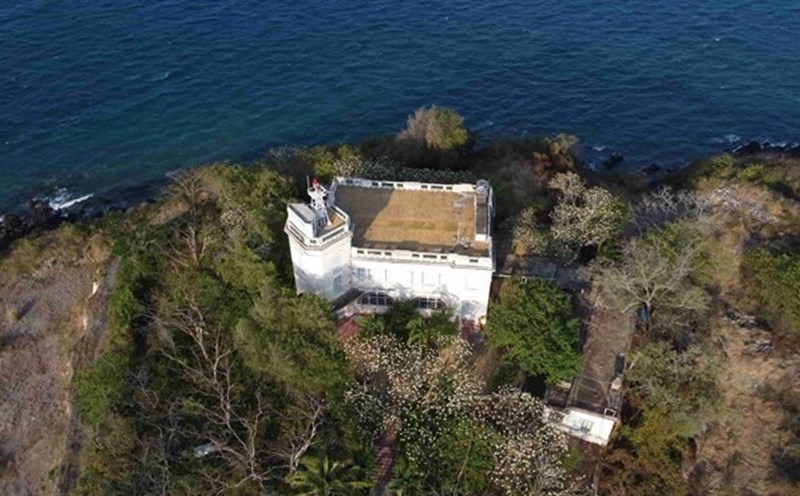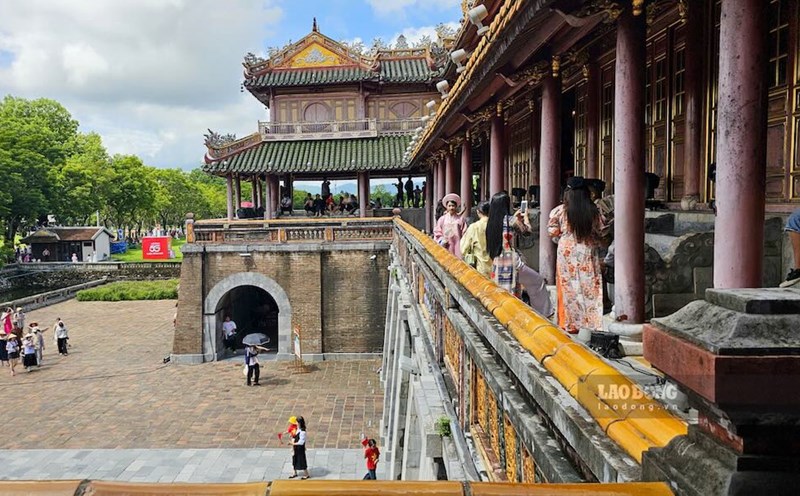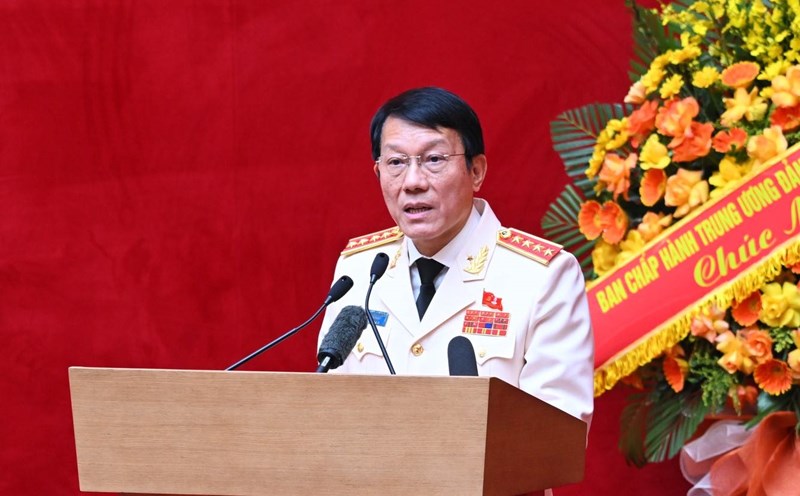The Standing Committee of the Party Committee of the Khanh Hoa Provincial People's Committee has just disciplined two officials of the Cultural Heritage Conservation Center (Director and Deputy Director) for being involved in the proposal to use Bao Dai to house the leaders of departments and branches, receiving support from the public, especially those interested in cultural heritage.
This disciplinary action will end an incident that once caused a stir in public opinion but the negative effects are still uncertain to be appeased, because this story is not simply an administrative mistake but reflects a gap in awareness in the management of heritage of a part of the current staff.
Bao Dai Palace is a villa complex built in 1923, a place associated with the historical and cultural imprints of Nha Trang and used to be a resort of King Bao Dai and his family. In 1995, this place was recognized as a National Architectural and Artistic Relic.
That means that Bao Dai tower is not only an architectural work, but a cultural symbol that needs to be protected by strict principles.
However, a unit assigned to the responsibility of preserving heritage can think about "temporarily requesting" a few villas in this complex to be used as official housing.
Regardless of the reason, raising the issue like that is against the principle, because cultural heritage cannot ever be considered common public property.
If today, the Khanh Hoa Cultural Heritage Conservation Center can "borrow" relic villas as public housing, tomorrow it is possible to completely develop the mindset of "using" other heritages for other purposes.
And if Khanh Hoa can do this, there will be a risk of setting a precedent, other localities can do the same with the heritages under their management.
Therefore, the disciplinary action against two officials of the Khanh Hoa Cultural Heritage Conservation Center is a common lesson and a reminder for the cultural sector nationwide.
That cultural heritage management is a very special job. Heritage conservation work cannot be dominated by convenience or personal interests.
Those assigned to manage cultural heritage not only need to understand their expertise and laws in their fields but also need more courage, knowledge and heart.
For each cultural heritage to be damaged or lost for some reason, we not only lose a wall or a simple tiled roof, but also a loss of collective memory, the spirit of a land, a country.












